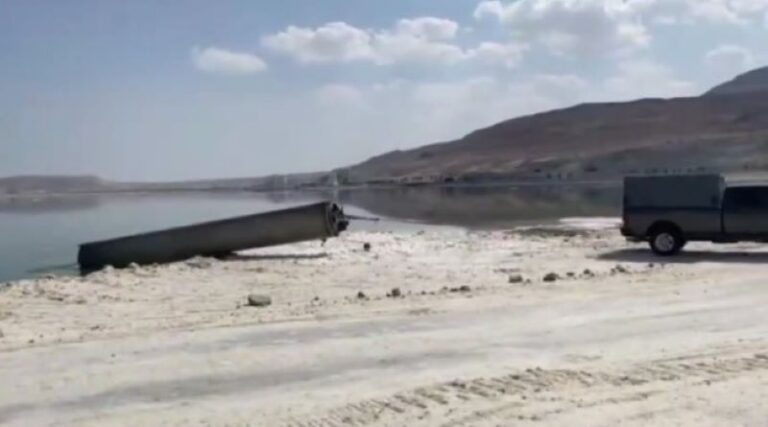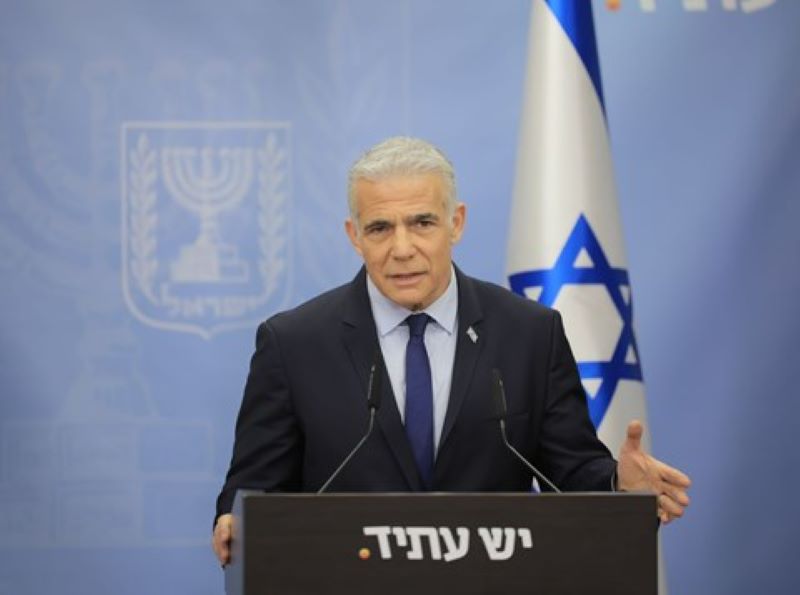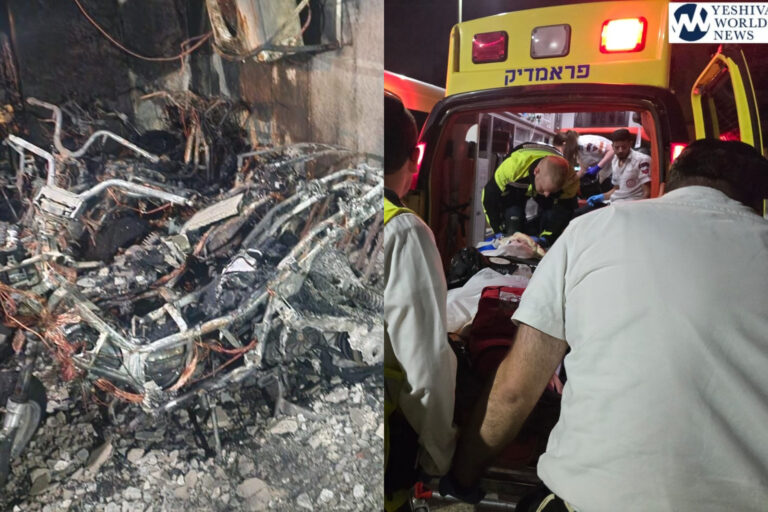 A tradition of leaving the stove on during holidays in the Orthodox community is causing concern for some North Jersey fire officials who are trying to reach observant Jewish residents with a message about safety.
A tradition of leaving the stove on during holidays in the Orthodox community is causing concern for some North Jersey fire officials who are trying to reach observant Jewish residents with a message about safety.
The issue came to the forefront this summer after 13 people in Teaneck were taken to the hospital to be treated for symptoms of carbon monoxide poisoning. Authorities blame a defective stove that had been left on for two days during the holiday of Shavuot.
Teaneck officials are taking an aggressive stance to warn all residents about the dangers of carbon monoxide. A life-threatening buildup of the colorless and odorless gas can be caused by improperly installed furnaces, poorly ventilated generators or a car left running in the garage. But the township fire department and ambulance corps is targeting its current warning toward the Orthodox community and met with the Rabbinical Council of Bergen County to discuss safety concerns.
“With leaving the stove on, we certainly know that it puts the community at a greater danger,” Teaneck Fire Chief Anthony Verley said. “We want them to understand there are some deadly implications to this.”
“With leaving the stove on, we certainly know that it puts the community at a greater danger,” Teaneck Fire Chief Anthony Verley said. “We want them to understand there are some deadly implications to this.”
Families in the Orthodox community will leave a burner lit or the oven on low to be able to heat food because Jewish laws forbid creating or extinguishing a flame during religious observances. The practice is different on the Sabbath, when cooking is forbidden and food can only be warmed, which makes appliances such as a hot plate set on a timer an alternative to leaving on a flame.
Fire officials stress the residents should have working carbon monoxide detectors and working smoke detectors. Rabbi Daniel Senter, president of the Teaneck Volunteer Ambulance Corps, recommends that members of the Orthodox community change the batteries in their alarms before the holiday.
Although fire officials advise against leaving a burner on, for families that do, they recommend leaving two windows open on opposite ends of the house to create cross ventilation. In Teaneck, Verley and Senter recommend that members of the Orthodox community consider alternatives to be able to heat food, such as warming plates and crock pots. Although Senter doesn’t expect residents to replace their stoves, he advised that electric units, which is what he has at home, do not give off carbon monoxide.
Passaic Fire Chief Patrick Trentacost said the city is constantly reaching out to different communities to share safety tips.
“The best thing that I could advise people that have to leave their stove on is frequently check the area,” he said.






8 Responses
Just use an electric burner or even an induction burner with a metal disk (without a disk its forbidden).
Is it safe to leave a hot plate on for three consecutive days?
I keep my fan in the range hood on (it vents to the outside) on Shabbos and Yom Tov.Is that good enough?
#2 – Good question!
Is it permissible to have the hot plate on a timer so it goes off for several hours (perhaps during the night)?
IF this IS mutar for YomTov, is it mutar for Shabbas too if it goes on again and is fully hot again BEFORE food is placed on it on Shabbas morning? -OR is it mutar to just have it go off late Friday night and NOT go on again (and depend on just a crock pot for Shabbas?)
For more information go to http://www.jewishfireprevention.org its a great shabbos and yom tov safety website.
#4, the Rosh Hashana-Shabbos combo, with the RH seudos ending roughly the same time shabbos begins, makes it impossible to turn it off.
“is it mutar for Shabbas too if it goes on again and is fully hot again BEFORE food is placed on it on Shabbas morning?”
Shabbas morning? No way. This is chilul Shabbos.
Believe me, this is not an issue for everyone. However, for those that can afford hot meals for YomTov, enjoy and please be careful.
The big issue is to make sure the flame has sufficient ventilation. If the flame is red, it is producing carbom monoxide.